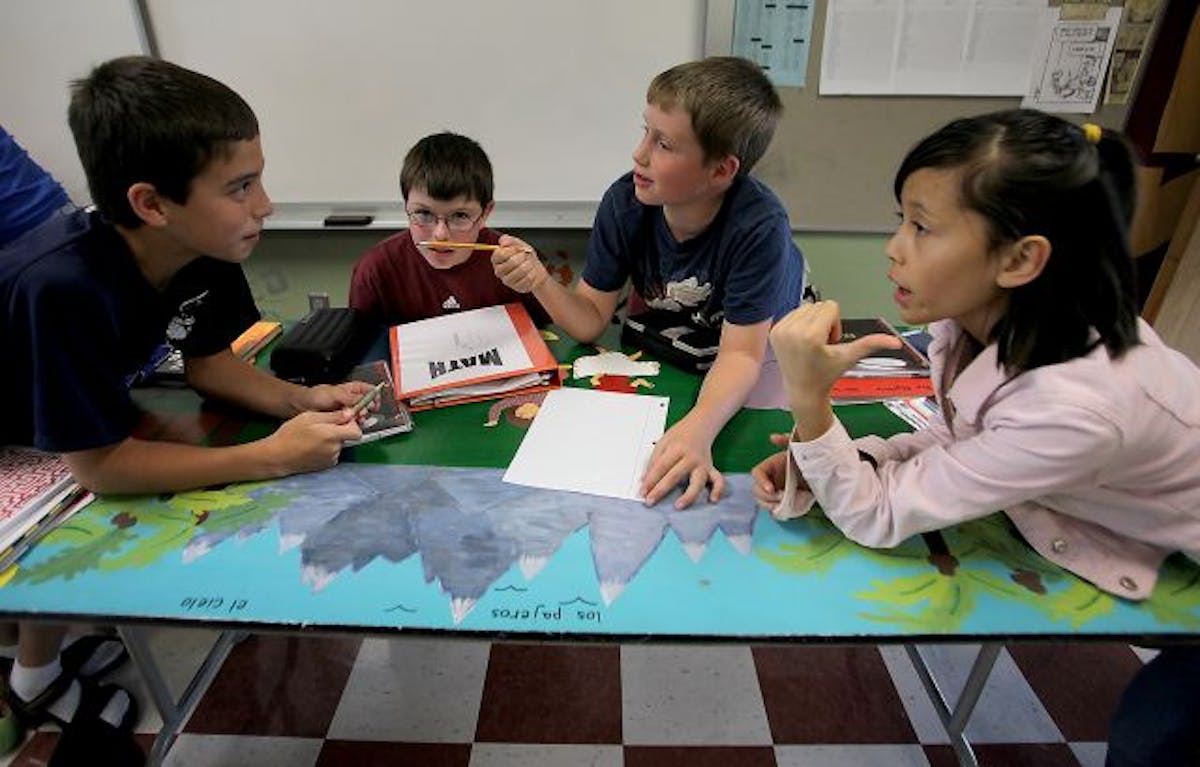Recent headlines make every day seem like the end of days.
Geopolitically, Syria's fratricide threatens neighboring nations in the combustible Mideast. Meanwhile, the nuclear-arms race seems to have devolved into an irresponsible sprint between the theocracy ruling Iran and the dynastic dictatorship ruling North Korea.
Economically, self-inflicted fiscal crises in the West, as well as signs of a genuine real-estate bubble in China, rattle the Beltway (though seemingly not Wall Street).
Demographically, some say forget Malthusianism — fear Methuselah: Aging societies may threaten nations more than the "population bomb."
Environmentally, thousands rally to stop climate change, while spiking prices lead others to urge unlocking the Keystone oil pipeline.
And, oh yeah: Last week's Siberian meteor explosion had the power of 20 atomic bombs.
Some reading beyond the headlines and past the "jump" may want to jump under the covers.
Others take a more disciplined approach. Many embrace faith (yet some were rocked anew by news of the pope's resignation). And then there's the "prepper" movement. Once underground (literally, in bunker-building cases), it's now so mainstream it's the subject of two television shows ("Doomsday Bunkers" on Discovery and "Doomsday Preppers" on the National Geographic Channel).
Still others choose to tune out the news and opt for escapism — sometimes at the movies.
One problem, however: Many movies — especially the nine nominated for Best Picture at Sunday's Academy Awards — share the theme of societal and individual breakdowns.
Some contenders explore historic times of trouble. The Civil War, America's seminal societal breakdown, is the setting for "Lincoln," which lays bare the tradeoffs necessary in a democracy (and in the process illuminates the dysfunction of the current crowd in Washington). Directed by Steven Spielberg, it's a more mature movie than Quentin Tarantino's self-indulgent "Django Unchained," a graphically violent slavery revenge fantasy.
It's not insurrection in 19th-century America, but in France that's the unsettling setting of "Les Miserables," the movie version of the musical based on the Victor Hugo classic.
Conflict between the United States and Islamic extremists is the theme of "Argo" — the true story of how the CIA used a fake film as a ruse to free six diplomats in Tehran during the "America held hostage" crisis of 1979-81 — and of "Zero Dark Thirty," the tale of the hunt for Osama bin Laden.
It's not overheated human strife, but global warming, that seems to fuel trouble as a hurricane hurls the splintered society of "Beasts of the Southern Wild" into chaos. Similarly, a typhoon imposes the law of the jungle (figuratively and literally) in "Life of Pi."
Of course, most lives are less governed by global forces than they are shaped by personal ones. There are still breakdowns, however. Sometimes they are psychological, as in "Silver Linings Playbook." Or physical, as in "Amour," the austere Austrian film about life's autumn.
So is Hollywood feeling the nation's pain? Or is the negativity of the nation's entertainment and news media causing it?
As with all cultural conundrums, it's subject to interpretation. It's important to note that not all movies share this anxious theme. "Brave," a lighthearted, animated film, made the top-10 box-office list last year.
But on film, 2012 wasn't all the wonderful world of Disney. Dystopia was boffo box office, too: "The Hunger Games" and "The Dark Knight Rises" were respectively the third- and second-highest grossing films. The top spot went to "Marvel's The Avengers," a popcorn flick about superheroes restoring order to another society in chaos.
To be sure, other cinematic eras seemed to match the mood of the nation. The 1970s made "malaise" and "Watergate" household terms, and also was a golden age of serious, if cynical, cinema.
Given today's zeitgeist, it's hard to imagine more storybook stories like last year's two most-nominated films, "Hugo" and "The Artist," soon seizing the nation's imagination.
Instead, a sense of the public's pulse, as well as a glance back at the headlines (especially those chronicling the concurrent rise in inequality and the stock market), suggest that the remake of "The Great Gatsby," due to be released in May, may just be a hit.
---------------------------
John Rash is a Star Tribune editorial writer and columnist

Film festival shows the transformative power of art
NATO's strength in numbers makes U.S. more secure


